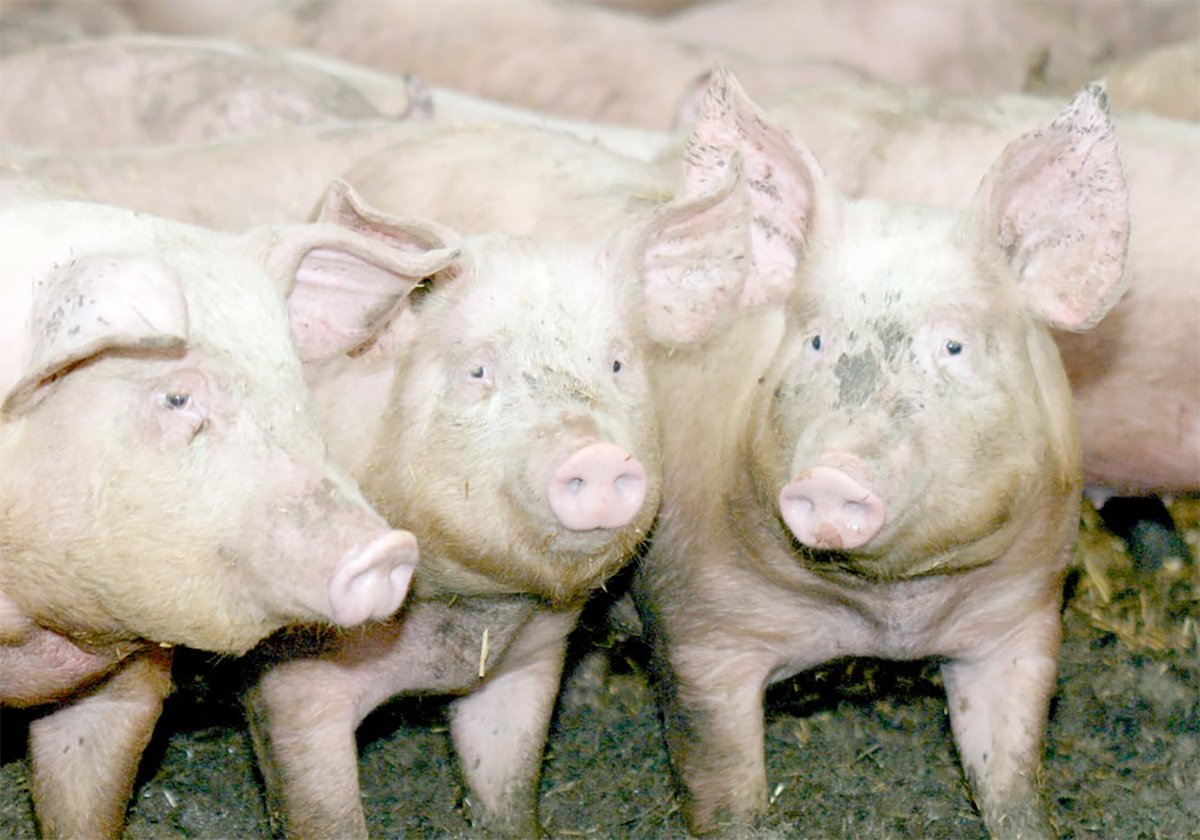WHITEWOOD, Sask. — Cattle producers in southeastern Saskatchewan say they should be paid for sequestering carbon.
At a recent district meeting of the Saskatchewan Cattlemen’s Association, producer Blain Hjertaas said producers store far more carbon than they emit.
“The average Canadian’s carbon footprint is 18.9 tonnes,” he told the meeting. “I’ve been monitoring carbon on a number of farms in the southeast over the last number of years and the average that producers are putting down is 27 tonnes per hectare (10.9 tonnes per acre) per year.”
Read Also

The Western Producer Livestock Report – November 13, 2025
Western Producer Livestock Report for November 13, 2025. See U.S. & Canadian hog prices, Canadian bison & lamb market data and sales insights.
He said because producers are doing more than just covering their own ecological footprints, they should be paid for the ecological goods and services they provide.
“We’ve been doing this for free for a good long time and if we’re talking a $10 a tonne carbon tax … we’re talking about $100 per acre per year,” he said. “I think that would take some of the sting out of cattle prices.”
Ralph Corcoran said the amount of carbon stored on his land went up when measured two years in a row.
“This could be a great help,” he said.
Producers at the meeting passed a resolution asking the SCA to lobby provincial and federal governments for a program that would pay them for measurable soil carbon increases on their land.
They also encouraged the Canadian Roundtable for Sustainable Beef to support policies that pay producers.
The meeting also passed a motion to implement the approved in-crease of the national checkoff on April 1, 2017.
At the 2015 SCA annual meeting, producers agreed to a national checkoff of $2.50 per head to support the national beef strategy. Others provinces, except Ontario, have also agreed to raise the levy from the current $1.
Most of the money the additional checkoff would raise, more than half of the expected $16 million to $17 million, is to go to Canada Beef but research would also benefit.
“The next step is implementation,” said past-chair of Canada Beef Jack Hextall.
That’s critical because the Beef Cattle Research Council is working on its priorities.
“They can’t put in a five-year plan unless they know they’re going to have the money to do that,” Hextall said.
SCA members also passed a resolution to encourage the development of biological control for invasive absinthe and burdock.
One new director, Keith Day of Kyle, was elected in District 3B to replace the retiring Larry Grant.















